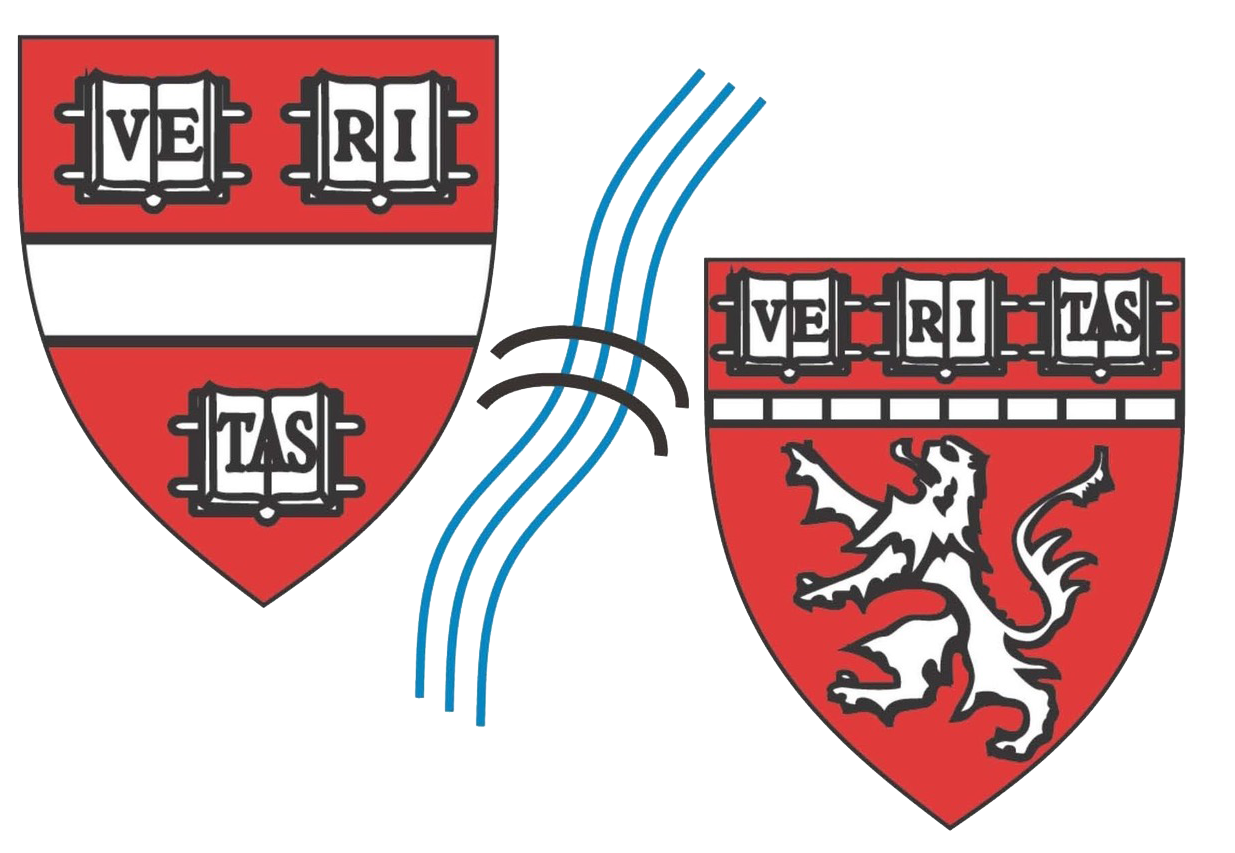Min Dong, Ph.D.
Dept. of Urology, Boston Children's Hospital
Dept. of Microbiology, Harvard Medical School

Bacterial toxin biology, therapeutics, and mechanism of membrane trafficking
Our laboratory has a broad interest in microbial toxins, bacterial pathogenesis in human/animal/insects, and microbiome. Along these lines of basic research, we are keen in developing microbial protein-inspired novel therapeutics for treating genetic diseases, cancer, pain, and other neurological disorders. We have a multi-disciplinary team crossing microbiology, structural biology, protein engineering, cell biology, insect biology, and neuroscience fields. Recent achievements include identification of receptors for C. difficile toxin via genome-wide CRISPR-Cas9 screen (Nature, 2016, 538:350, Science, 2018, 360:664; Cell Host and Microbe, 2020, 27:782), identification and characterization of novel bacterial toxins (Nature Communications, 2017, 8:14130; Cell Host and Microbe, 2018, 23:169; Cell, 2022, 185:1), and protein engineering of botulinum neurotoxins (Nature Communications, 2017, 8:53; Science Translational Medicine, 2021, 13:eaaz4197; Science, 2021, 371:803). Current projects include:
(1) Structure and mechanism of bacterial toxins and effectors: we are studying botulinum neurotoxins, tetanus neurotoxin, Shiga toxin, C. difficile toxins, and many bacterial effectors using latest experimental approaches.
(2) Host-microbe interactions: enteric pathogens (e.g., C. difficile infections) and microbiome; urinary tract infections and urinary microbiome.
(3) Apply modern protein engineering methods to develop novel therapeutic toxins for treating chronic pain and cancer, as well as novel antibodies and vaccines against emerging pathogens.
(4) Cell biology of neurons: apply imaging and electrophysiological approaches to characterize synaptic vesicle exocytosis/recycling, cytoskeleton regulation, and endosomal sorting and trafficking in cells.
Please see our lab website for details: http://donglab.hms.harvard.edu
Selected Publications:
1. Xiong X, Tian S, Yang P, Lebreton F, Bao H, Sheng K, Yin L, Chen P, Zhang J, Qi W, Ruan J, Wu H, Chen H, Breault DT, Wu H, Earl AM, Gilmore MS*, Abraham J*, Dong M* (2022). Emerging enterococcus pore-forming toxins with MHC/HLA-I as receptors. Cell, 185:1-15.
2. Blum TR, Liu H, Packer MS, Xiong X, Lee PG, Zhang S, Richter M, Minasov G, Satchell KJF, Dong M*, Liu DR* (2021). Phase-assisted evolution of botulinum neurotoxin proteases with reprogrammed specificity. Science, 371:803
3. Miyashita S, Zhang J, Zhang S, Shoemaker CB, Dong M (2021). Delivery of single-domain antibodies into neurons using a chimeric toxin-based platform is therapeutic in mouse models of botulism. Science Translational Medicine, 13:eaaz4197.
4. Tian S, Liu Y, Wu H, Liu H, Zeng J, Choi MY, Chen H, Gerhard R, Dong M (2020). Genome-wide CRISPR screen identifies semaphorin 6A and 6B as receptors for Paeniclostridium sordellii toxin TcsL. Cell Host and Microbe, 27:782-792. PMC7228847.
5. Chen P*, Tao L*, Wang T, Zhang J, He A, Lam K, Liu Z, He X, Perry K, Dong M**, Jin R** (2018). Structural basis for recognition of frizzled proteins by Clostridium difficile toxin B. Science, 360:664.
6. Tao L, Zhang J, Meraner P, Tovaglier A, Wu X, Gerhard R, Zhang X, Stallcup WB, Miao J, He X, Hurdle JG, Breault DT, Brass AL, Dong M (2016). Frizzled proteins are colonic epithelial receptor for C. difficile toxin B. Nature (article), 538: 350-355.
Contact Information
Boston Children's Hospital
300 Longwood Ave.,
Boston, MA 02115
